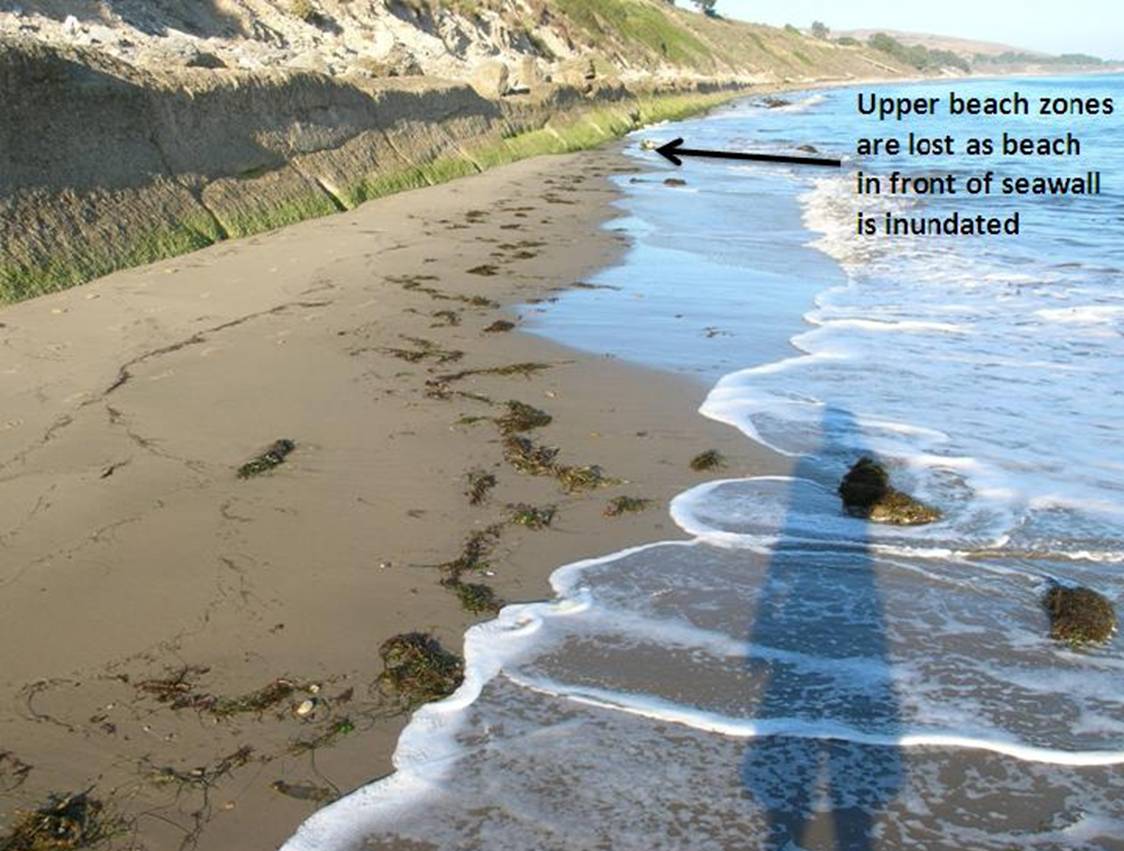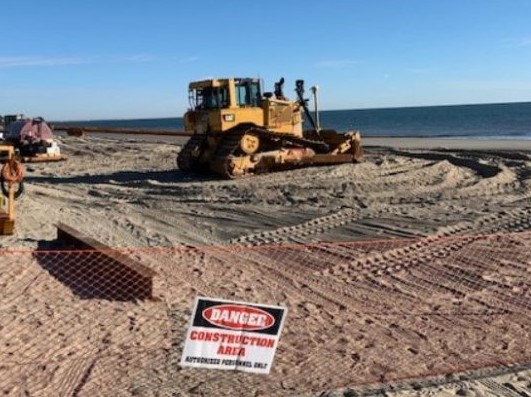Little Known Questions About Shore Protect Team.
Table of ContentsShore Protect Team for BeginnersOur Shore Protect Team PDFsShore Protect Team Fundamentals ExplainedThe Basic Principles Of Shore Protect Team Shore Protect Team - The FactsThe Main Principles Of Shore Protect Team The Buzz on Shore Protect Team
Decrease in home value: As the location tourism is impacted by erosion, so then is the economy. Buyers are much less likely to search for a beach house that can be ruined at any minute by the impending flooding and disintegration emergency. Subsequently, property worth can go down immensely and influence the whole region.Whether a coastline is simply little and crowded or has to shut entirely for the safety and security of the community and close-by homes, this substantially affects tourism. In turn, local economies are influenced (https://www.resimupload.org/shrprtcttm). Risk of injury: The increased danger of flooding and structural failings triggers a boosted threat of injury to close-by visitors and neighborhood participants

Coastline stabilization is straight related to their task. Waterfront hotels: Due to the fact that coastline erosion influences tourist, it impacts the success of waterfront resorts.
Get This Report about Shore Protect Team
This eventually brings about closures and deserted beachfront properties. Coastal business businesses: No tourists suggests no company. For those services accommodating citizens, their property is at risk of damages from erosion and flooding. Coastal state parks: State parks that exist along coastlines are at threat of damages. Not only to the manufactured frameworks and buildings on website, but likewise to the natural ecosystems that exist within.
Soft stabilization is a better option for the environment and more lasting overall. Difficult stablizing utilizes manufactured frameworks as protection to regulate disintegration. Generally, these frameworks are set up at right angles or parallel to quit sand movement and reduce the pressure of waves. A lot of types of difficult stabilization like seawalls and sheet metal are not suitable for coastline stabilization.
Fascination About Shore Protect Team
There's additionally insufficient evidence of their efficiency relying on the kind of coastline and local conditions. Difficult stabilization methods tend to be much more tough to install and do not match the all-natural aesthetic, standing out like a sore thumb and damaging regional ecosystems in numerous scenarios. Coastline nutrients is the process of including lost sand and sediment back to beaches after disintegration has actually taken place.
TrapBags aid in the procedure of beach nutrition by protecting natural ecosystems and permitting plants to expand. They're: Eco friendly: You can make use of native dirt both to border and to load the TrapBags.

Facts About Shore Protect Team Uncovered
Easy to install: Relieve of setup suggests TrapBags can be released swiftly in the event of an emergency situation. They can additionally be installed with no hefty machinery. Affordable: TrapBags are optimal for both tiny and big areas of shoreline. They give a cost effective service to cover tasks of any kind of size.
Integrated with a high construction expense, this has resulted in boosting usage of other soft design coastal administration alternatives such as beach replenishment. Seawalls are constructed from different products, the majority of typically enhanced concrete, boulders, steel, or gabions. Other possible building materials consist of plastic, wood, aluminum, fiberglass composite, and naturally degradable sandbags made from jute and coir. The ideal seawall layout relies upon location-specific elements, including surrounding disintegration processes. There are three primary kinds of seawalls: vertical, bent, tipped, and mounds (see table listed below). A report released by the United Nations Environment Program (UNEP) suggests that the tidal wave of 26 December 2004 caused less damages in the locations where natural barriers were existing, such as mangroves, reef or coastal vegetation.
Natural obstacles, such as reef and mangrove forests, protect against the spread of tsunamis and the flow of seaside waters and reduced the flooding and surge of water. A cost-benefit strategy is an effective method to identify whether a seawall is appropriate and whether the benefits are worth the expenditure.
Shore Protect Team Fundamentals Explained
A seawall is a static attribute which can conflict with the vibrant nature of the coast and restrain the exchange of debris in between land and sea. Benefits and negative aspects of seawalls according to Short (1999) Advantages Drawbacks Long term service in contrast to soft beach nutrition (https://www.facer.io/u/shrprtcttm).

This can trigger coastlines to dissipate, providing them pointless for coastline goers. Usually, seawalls can be an effective way to regulate coastal disintegration, but only if they are constructed well and out of products that can withstand the pressure of continuous wave energy. Some understanding is needed of the coastal procedures and morphodynamics certain to the seawall location.
Some Known Incorrect Statements About Shore Protect Team
The suitable seawall layout relies upon location-specific aspects, including surrounding erosion procedures. There are 3 major kinds of seawalls: vertical, rounded, stepped, and piles (see table listed below). A record released by the United Nations Environment Program (UNEP) suggests that the tidal wave of 26 December 2004 caused much less damage in the areas where natural barriers existed, such as mangroves, coral reefs or seaside vegetation.
Natural obstacles, such as reef and mangrove forests, stop the spread of tidal waves and the flow of seaside waters and minimized the flooding and rise of water. A cost-benefit technique is an effective method to determine whether a seawall is ideal and whether the advantages are worth the expense.
The Buzz on Shore Protect Team
A seawall is a fixed function which can conflict with the vibrant nature of the shore and restrain the exchange of sediment between land and sea. The table listed below summarizes some positive and adverse effects of seawalls which can be made use of when comparing their efficiency with various other seaside administration choices, such as beach nourishment. [] Benefits and disadvantages of seawalls according to Short (1999) Benefits Negative aspects Long term service in comparison to soft coastline nourishment. bulkhead cost.

This can cause beaches to dissipate, making them worthless for coastline goers. Usually, seawalls can be an effective means to manage coastal disintegration, however only if they are constructed well and out of products that can hold up against the force of continuous wave energy.